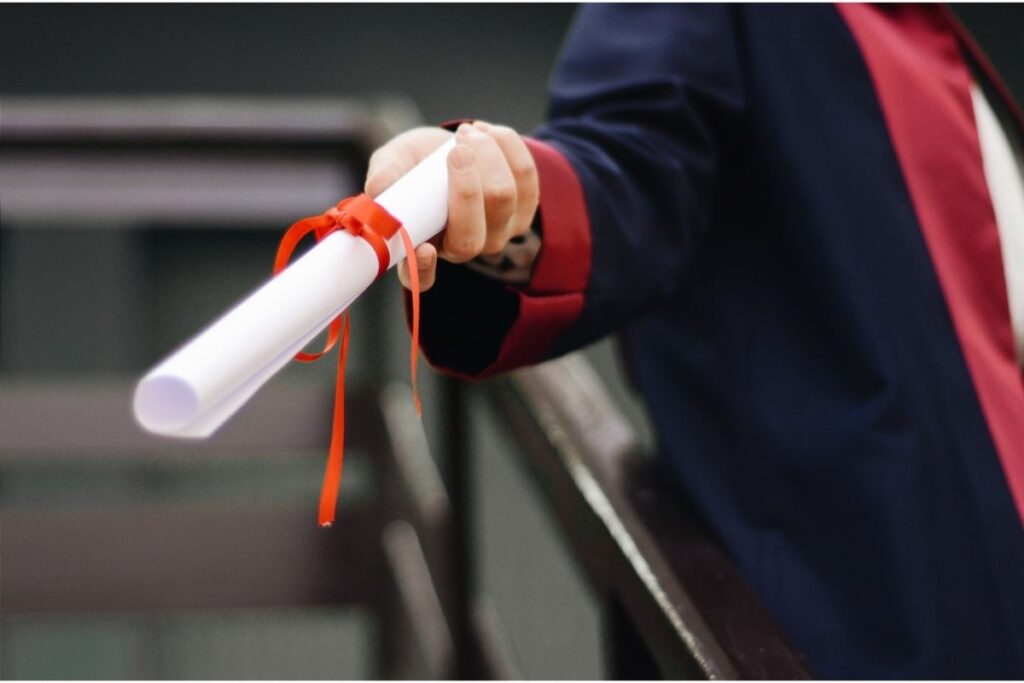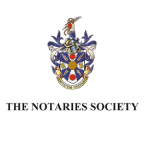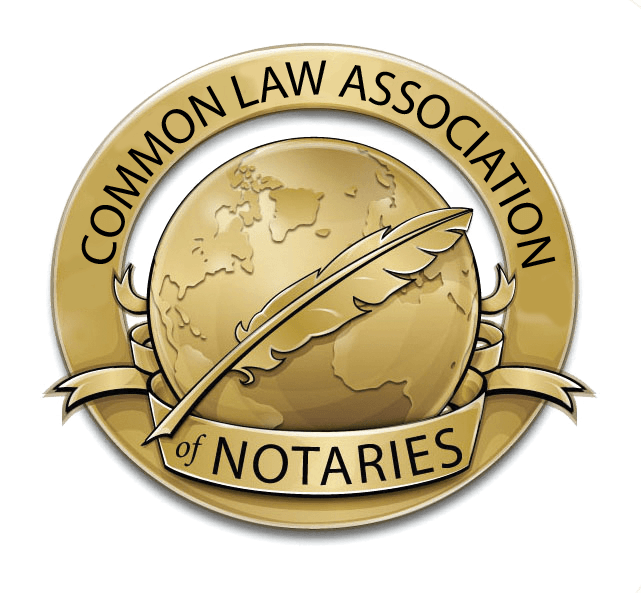DEGREE
AUTHENTICATION
Woodcock Notary Public explains how it works and how we can help authenticate your degree.
Woodcock Notary Public explains how it works and how we can help authenticate your degree.
Home > Services > Degree Authentication

Degree authentication is the process of authenticating an educational certificate and other related documents such as academic transcripts, so that you can use them overseas. This is important, as it proves that your certificate is genuine, which means that your destination country will accept it as a valid document. This is something that we can assist you with, so read on to learn more.
Commonly authenticated educational documents include A-level certificates, degree certificates, postgraduate diploma certificates, masters’ certificates, other diploma certificates, and Teaching English as a Foreign Language (TEFL) certificates.
As we have already mentioned, degree authentication is important as it allows your certificates to be recognised as legitimate abroad. This is because employers and educational institutions in your target country want to know that your qualification is from a genuine UK institution and is reliable.
Additionally, visa applications related to studying and working require degree authentication, so that the authorities of the country you are going to know that you have the relevant knowledge and will be able to contribute to their country.
As part of the degree authentication process, one of our notaries will examine your degree and confirm with their seal, stamp and signature that it is genuine. Then, your documents will need to be legalised as the final step of degree authentication.
Your educational documents must be notarised and then apostilled at the Foreign, Commonwealth & Development Office (FCDO) in Milton Keynes to prove that they are genuine. In most cases, this will be enough to prove its authenticity. However, in some cases, you will also need the document to be recognised at the embassy of the country where you wish to use it. We go into more depth about these processes below.
Read our dedicated webpage on the apostille and legalisation processes if you would like more information.
Finally, read about our degree authentication process below so you know what to expect when you use our services.

What is the process of degree authentication?
Our process of degree authentication has three important steps that will be carried out by one of our expert notaries, Nathan Woodcock or Papia Kabir.
With support from our helpful team, they will complete your matter with care using their great knowledge of degree authentication.
1. Verification
The Notary Public assisting you will contact the records department of your university to confirm that they issued the document.
You will need to sign a consent letter allowing our notary team to access your information saved on your university’s records. Also, you will need to authorise the university to release your information to a third party. Both of these steps are accordance with the Data Protection Act.
2. Certification
The notary will then draft a notarial certificate confirming the authenticity of the original degree certificate. Once the original certificate is notarised, then the notarial certificate must be attached to the original copy of the document.
3. Legalisation
Legalisation is the final step of degree authentication. The process may vary depending on the requirements of your destination country.
In countries that are parties to the Hague Convention of 1961 (also known as the Apostille Convention), such as India, the document will need to be legalised by the FCDO. The FCDO will attach an apostille, which is a certificate affixed to the document with the notary’s certificate and seal. A majority of countries accept apostilles, with more becoming signatories over time.
Visit our apostille packages page to read about what options are available to you.
However, for countries that are not parties to the Hague Convention, the process is different. The documents need to be legalised at the relevant embassy in London, as well as at the FCDO. The documents may also need to be sent to the country itself to be further attested, which should be the final step before you can use them in your destination country.
If you are unsure whether the country you want to go to requires an apostille, or embassy attestation, then we are happy to help you.
Get in touch with us today to use our degree authentication services.
Need a notary public?
Fill in the form below, and one of our experienced team members will contact you for a personalised quote.
This will usually be within our normal working hours, which are Monday to Friday, 9 am to 5 pm.
READY FOR ASSISTANCE?
If you have any questions about our notary, apostille or consular services,
contact Woodcock Notary Public today.
Call us on 0800 049 2471 (free to call) or email info@woodcocknotarypublic.com.
If you have any questions about our notary, apostille or consular services, contact Woodcock Notary Public today.
Call us on 0800 049 2471 (free to call) or email info@woodcocknotarypublic.com.



